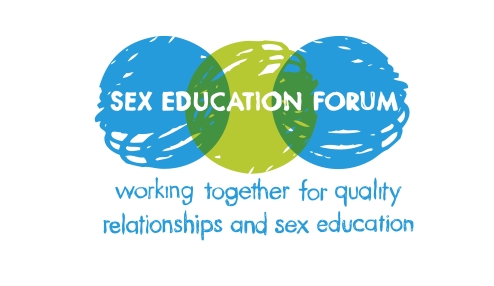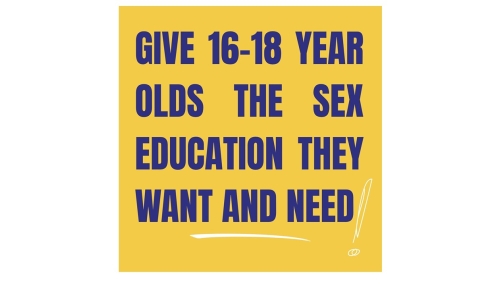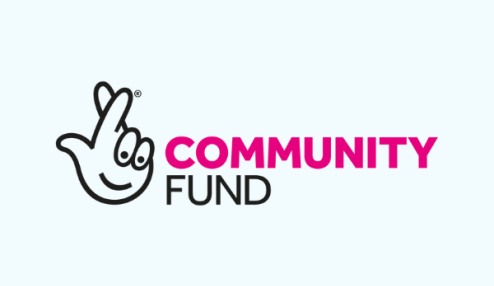The new Secretary of State, Gavin Williamson’s back to school message is that he supports ‘every single school’ teaching LGBT inclusive Relationships and Sex Education. This sets the tone for a year when preparations for statutory, high quality RSE will be in full swing and schools need to proceed with confidence.
Schools must follow the new Government guidance on Relationships Education, RSE and Health Education from September 2020, but this builds on existing legislation enshrined in the 2010 Equality Act. Schools are already required to stick to the Equality Act and teach their curriculum in a way that does not discriminate on protected characteristics. An LGBT inclusive approach to the way RSE is taught is nothing new.
The new guidance is important though in providing direction. It establishes the tenet that LGBT content should be integral, not a stand-alone lesson, and sets out the expectation that all pupils receive LGBT content at a timely point as part of this area of the curriculum. More broadly the new guidance maps out a curriculum for RSHE that is more comprehensive and holistic in supporting children and young people’s wellbeing than anything that’s gone before.
However, Government needs to set a clearer expectation that LGBT inclusive content is covered as part of Relationships Education at primary school. An inclusive approach to RSE can’t be put on hold until secondary school. Children learn a lot about acceptable standards of behaviour towards other people during their primary years, also about their own self-worth, valuing others and how to approach difference and diversity.
Many people in our society did not experience high quality RSE themselves, so it can be hard to imagine what LGBT inclusive RSE is like. An LGBT inclusive approach to Relationships Education means that in primary school, when learning about families and how they care for us, children learn about the diverse range of families that exist in our society. This includes families with same-sex parents.
The Government guidance, which has been approved by Parliament, states that by the end of primary school pupils should know:
- “That others’ families, either in school or in the wider world, sometimes look different from their family, but that they should respect those differences and know that other children’s families are also characterised by love and care.”
There are lots of ways that schools can teach this, for example activities where children describe or depict who is in their family and what their families do for them. This sort of learning sets the foundations for schools to tackle and prevent homophobic, biphobic and transphobic bullying. It does not encourage any particular lifestyle.
Relationships Education in primary schools must be inclusive of all protected characteristics, so that children learn from the word go that people are equal.
At secondary school the curriculum builds directly on learning about family and friendships, and develops pupils’ knowledge about equality in society. For example, the guidance states that by the end of secondary school pupils should know:
- “How stereotypes, in particular stereotypes based on sex, gender, race, religion, sexual orientation or disability, can cause damage (e.g. how they might normalise non-consensual behaviour or encourage prejudice).”
This is helpfully put, reminding us that prejudice applies to how we approach multiple, and often intersecting protected characteristics.
The Government guidance does not stipulate which resources schools should use to teach RSE, and there are lots of resources that schools can choose from to ensure their teaching about relationships is inclusive and clear about equality. For teachers who are new to the subject, it is important they have the chance to sample resources, get familiar with using inclusive language and rehearse strategies for dealing with homophobic, biphobic and transphobic bullying. This equips teachers to give parents a clearer understanding too of what inclusive RSE is all about. It is essential that proper investment in high quality training, and support for school staff is made by Government to see through their reforms.
Some schools will want to include faith perspectives as part of their RSE, alongside information about the law and medical facts. It is important that different types of information are identified as such, i.e. description of a faith position or belief, or legal or medical facts.
There are lots of faith schools already providing high quality and inclusive RSE. For example, Cardinal Newman Catholic Secondary School, Luton, where teachers have been trained on gender and sexual orientation in order to tackle homophobic, biphobic and transphobic bullying, and so that teachers are equipped to respond to students’ questions in the PSHE curriculum. A school ethos group supported this initiative and the school is proud to be welcoming to all in their community.
A schools’ RSE policy is a good place to explain how their RSE programme contributes to the ethos and values of the school. The importance of respectful behaviour and positive, caring relationships is integral to the ethos and values of perhaps every school in the country. Indeed, whole-school approaches to creating inclusive school environments work alongside LGBT inclusive RSE to ensure pupils learn about equality and live equally in their everyday school life.
In the months ahead, schools will be reviewing their provision and preparing for statutory RSHE. By thinking about inclusion from day one, multiple benefits flow from the investment in updating the curriculum for pupils, families and staff.
Lucy Emmerson
Director, Sex Education Forum
6th September 2019
Resources
The Sex Education Forum provides training for primary and secondary schools on LGBT inclusive RSE, which is available to commission nationwide
Briefing for Parliamentarians from Sex Education Forum and National Children’s Bureau
Learn Equality, Live Equal school practice examples - Virtual Display Board
The LGBT Issue e-magazine - with lesson ideas for all Key Stages




Share